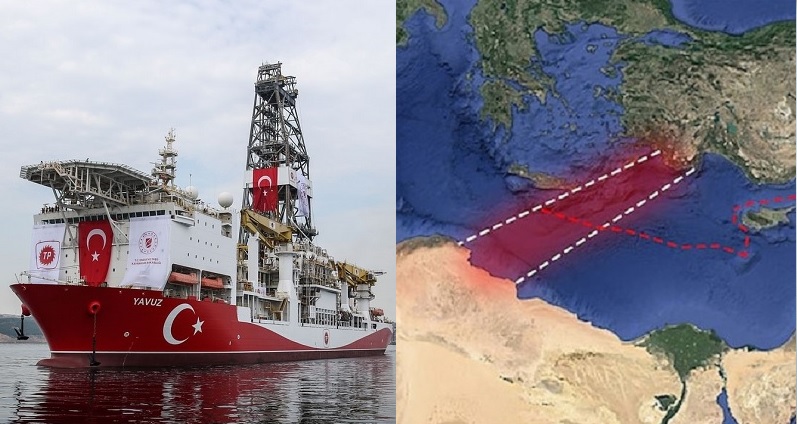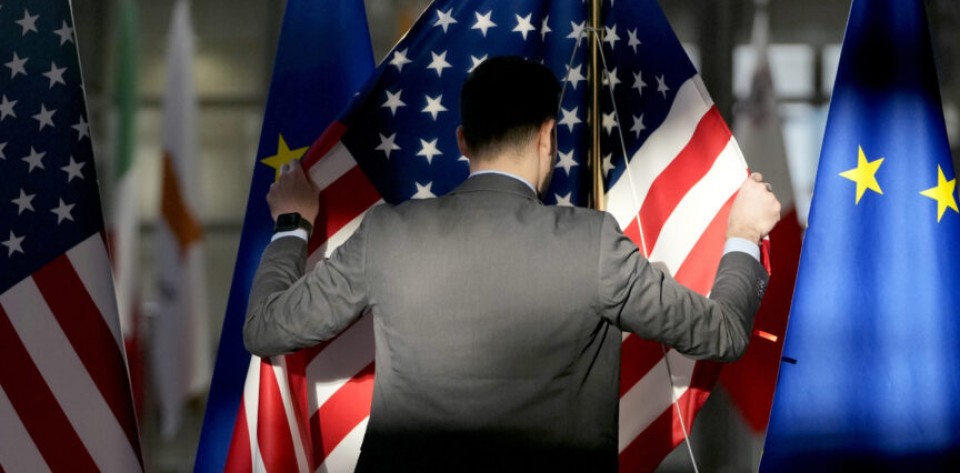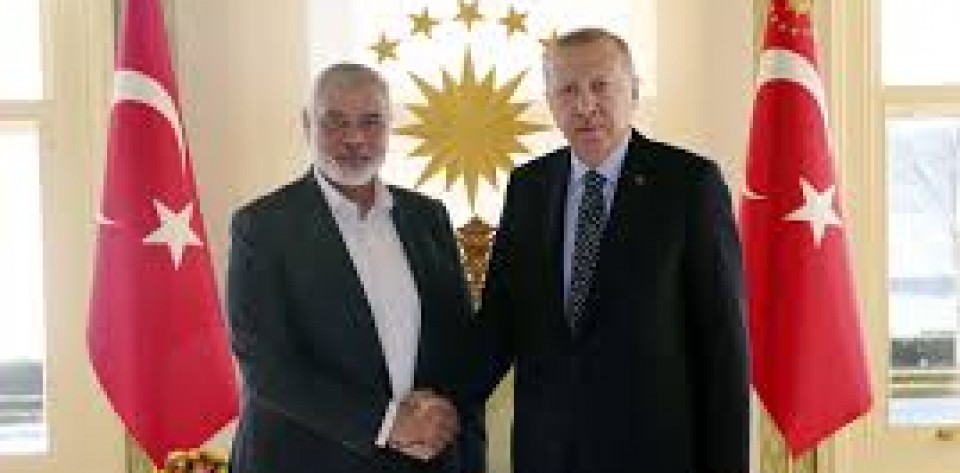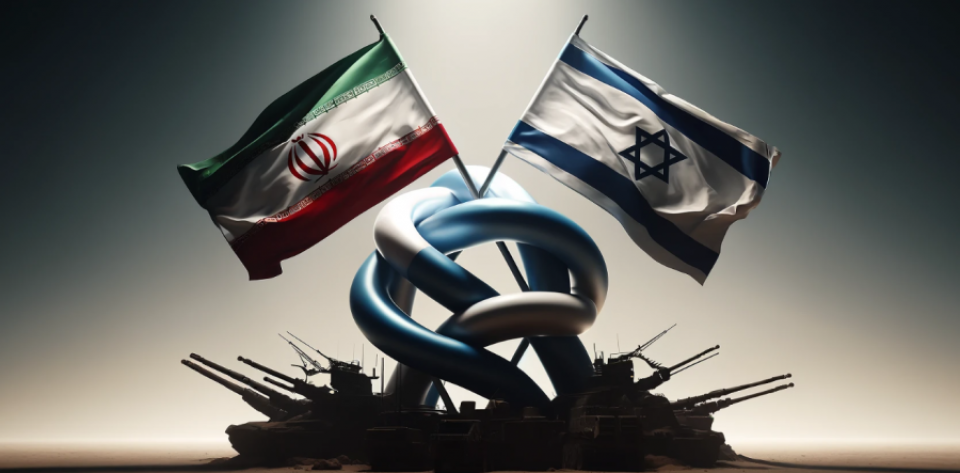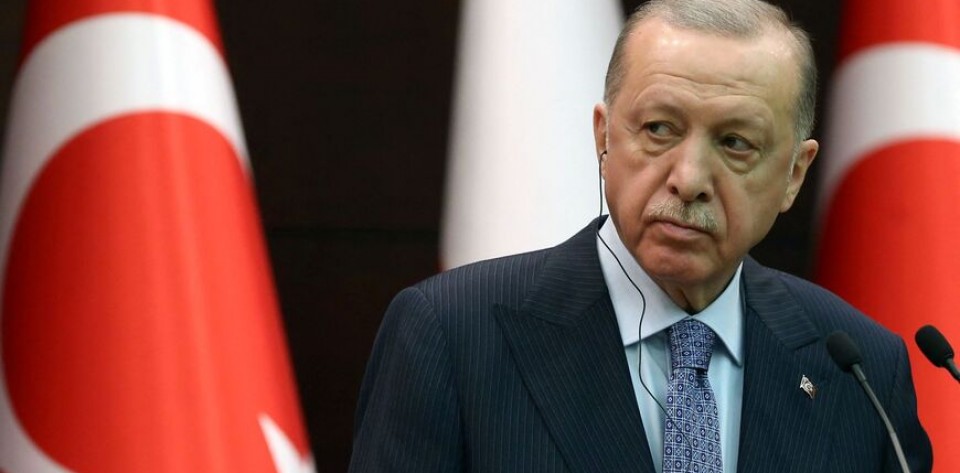We have mentioned 4 months ago that Turkey will declare a Maritime Doctrine within 4 to 5 years. And last week, Turkey with Libya have reached maritime deal which secures Turkish rights over portion of the eastern Mediterranean officially goes into effect 07 December 2019. It is vital not only for Turkey and Libya but for region including Europe, Middle East and South Africa states. This would fuel an energy showdown in the gas-rich waters of the eastern Mediterranean. Turkey has tested EU and others about their response couple of months ago while Turkey started to deploy the soldiers in northern Syria. There was no strong reaction against Turkey. Thus, encourages Turkey to declare the bilateral agreement with Libya. Indeed, it would fuel an energy showdown in the gas-rich waters of the eastern Mediterranean. But it is the right time for Turkey to do so.
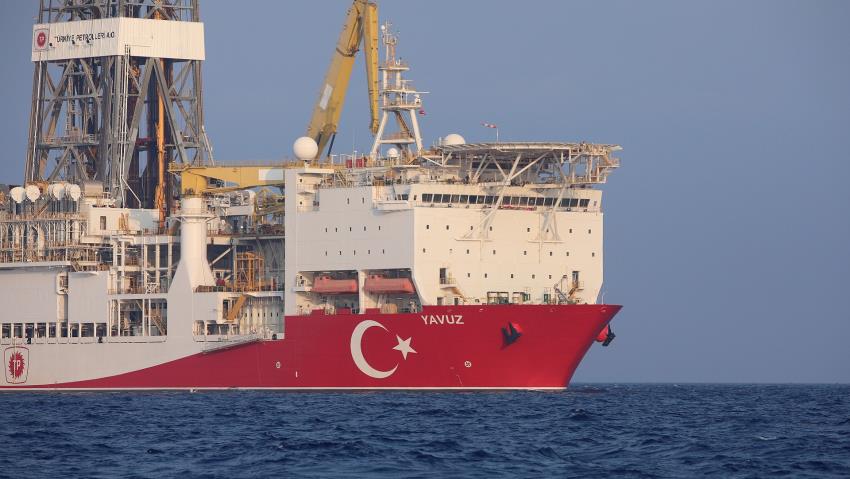
The initial impact is felt by Greece, Cyprus, Israel and Egypt. Fellow regional actor, Greece, did not welcome the deal and even regarded it as a violation of its own rights, though international law deems otherwise. Athens later said it would expel its Libyan envoy Mohamed Younis Menfi from the country in response and they did so later on.

This bilateral agreement amounts to a political message that emphasizes that Turkey cannot be sidelined in the eastern Mediterranean including a possible pipeline cannot be achieved without Turkey’s consent. Naturally, Greece – Cyprus – Egypt and Israel see this agreement as a brazen Turkish bid for dominance in the conflict zone. It should be noted that Libya and Greece has a conflict on water south Crete which is located between Turkey and Libya.
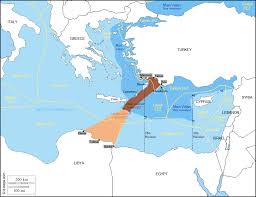
Some analysts suggest that it is Turkish strategy to intensify tension such an extent as to force serious concession from Greek Cyprus during future negotiations on status of island and distribution of gas wealth. Our analysis suggests the similar but Geopolitics Compass feels compelled to fill the missing part.
There are two important facts we have to remember.
First, Turkey has to rely on the Libyan government, namely Government of National Accord. In order to sustain its claims, the Government of National Accord shall have the administration of the country. Therefore, Turkey openly suggests that Turkey might consider to deploy soldiers to Libya if the government requests such desire. As Geopolitics Compass forecasts, this might happen during 2020 since it is vital that the rival government which is under control of Russia, UAE, Saudi Arabia and Egypt do not take control over the government.
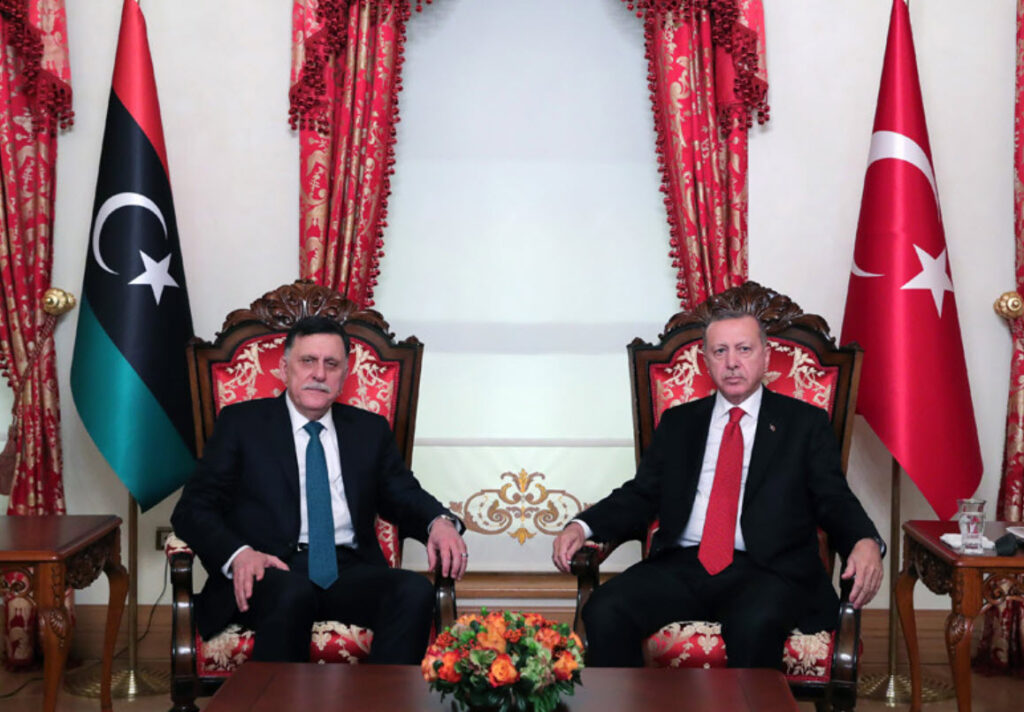
Second, the maritime deal with Libyan Government is a part of larger Maritime Doctrine which Turkey intends to place in coming 5 years. In order to persuade national interest, maritime routes and economic exclusive zones (EEZ) shall be protected. Therefore, Turkey is compelled to protect its maritime interests by using its navy and bilateral agreements. We shall expect to see more actions by Turkey even if there might be hot conflicts with its neighbors.

There is one issue that attracts our attention. Turkey has created a buffer zone in Syria, Turkey has established secure zones in Iraq for its military purposes, Turkey is in Qatar replacing the military base with base which would host the navy, Turkey is in Sudan wants to establish a navy port, Turkey is in Somali with military base and navy base and Turkey openly suggests that Turkey wants to deploy navy and military base in Libya. What is common on all these states? Natural reserves, namely oil & gas. All these actions also shall be viewed from the perspective that Turkey wants to access cheap and sustainable energy via the routes under Turkish navy or army control.
Those all actions suggest that Turkey’s latest bilateral maritime is just a small part of its plan for future. Turkey has started to expand its wings in the region. It seems more convenient for Turkey to declare the maritime doctrine as it adds muscle to power. But it is imminent to suggest that Turkey is increasing its influence and power in the region.

